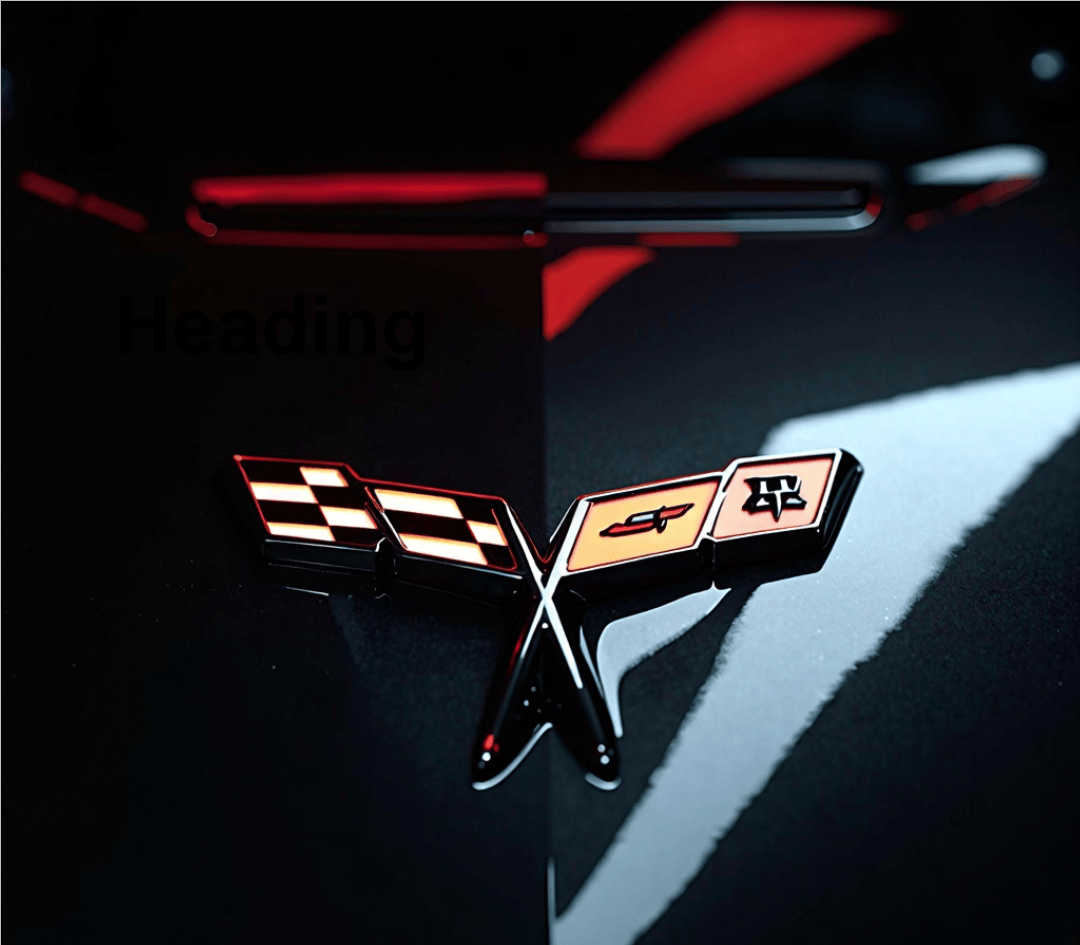
New Retention Policy Strikes Concern Among Corvette Buyers
General Motors (GM) has implemented a new twelve-month retention policy for buyers of the 2025 Corvette ZR1, reminiscent of restrictions placed on previous models like the C8 Corvette Z06. Under this policy, buyers must hold onto their vehicles for at least a year before transferring ownership. This policy aims to thwart "flippers"—individuals who purchase cars solely to resell them at marked-up prices—while also stripping warranty coverage from any subsequent owners if the car is sold within the retention period. This aspect particularly raises concerns within the dedicated Corvette community.
Understanding the Impact of GM's Policy on Buyers
While GM's intention is clearly to protect the integrity of the Corvette brand and maintain customer loyalty, the reality is more complicated. In a market where eager buyers are often faced with extortionate dealer markups, the new policy—regardless of its original intent—may ultimately harm loyal enthusiasts. As noted by Corvette seller Rick Conti, this requirement is even documented in a formal retention letter that must be acknowledged publicly. Furthermore, the reality of the secondary market suggests that these policies may inadvertently fuel dealer greed, complicating the purchasing process for true fans of the brand.
A Possible Solution to Retention Woes
An innovative suggestion has emerged from discussions around this policy: what if GM offered a twelve-month lease option instead? This could allow the brand to retain ownership during the retention period, alleviating the burden placed on buyers while still controlling the vehicle's resale values. Such a structure would likely give buyers peace of mind, knowing they wouldn’t be effectively penalized for being enthusiasts. This kind of forward-thinking could provide GM with a competitive edge in retaining its loyal customer base while still appealing to the desires of high-performance vehicle collectors.
Future Trends in Corvette Ownership
As GM navigates the implications of its retention policy, it raises questions about the future of Corvette ownership. Will more stringent policies emerge as they try to preserve the exclusivity of each model? Or will dealers continue to capitalize, creating a market rife with inflated prices and frustrated fans? Understanding the dynamics at play will be critical for both buyers looking for their next sports car and those who consider maintaining GM’s tradition of high-performance vehicles.
 Add Row
Add Row  Add
Add 




Write A Comment